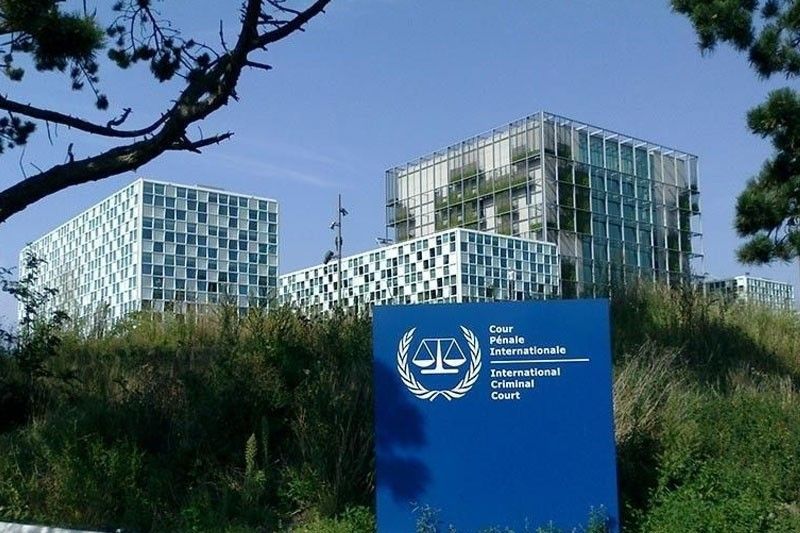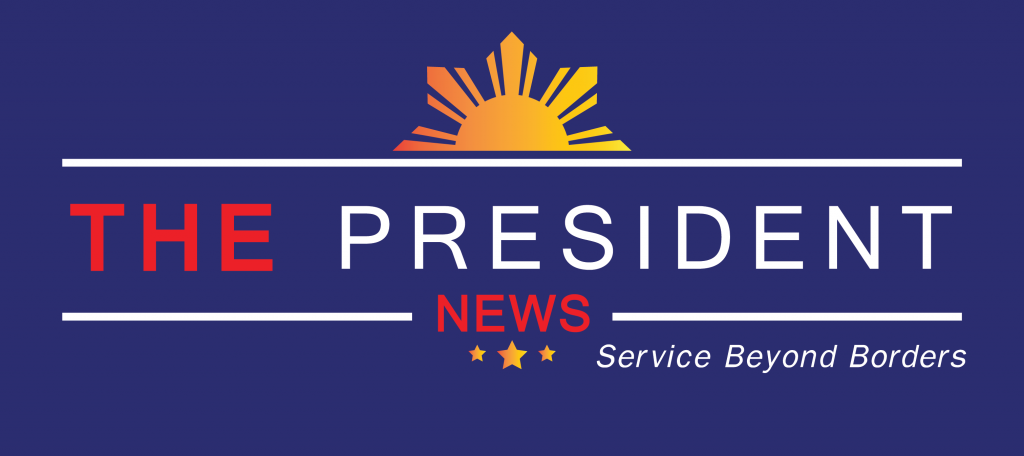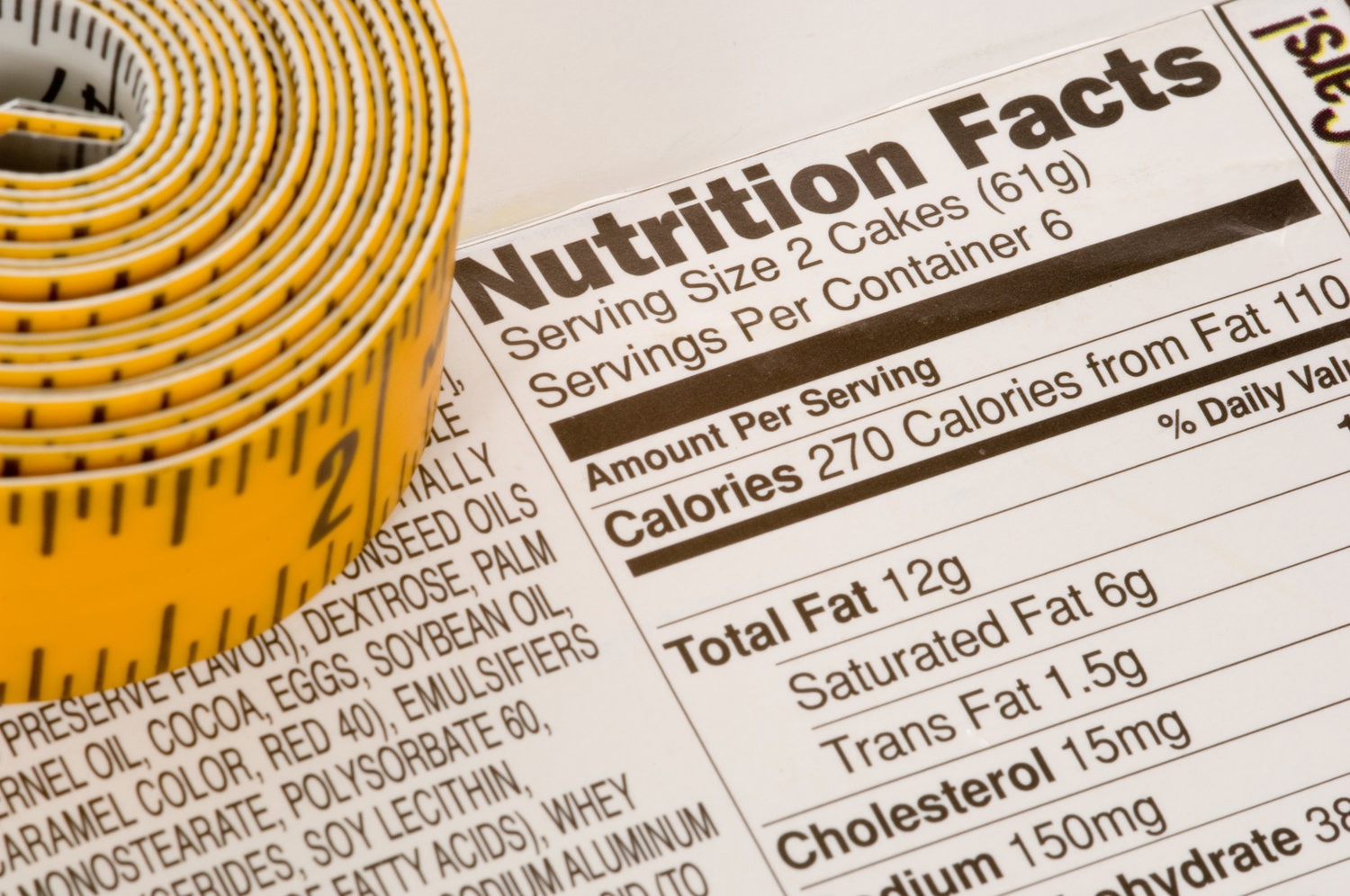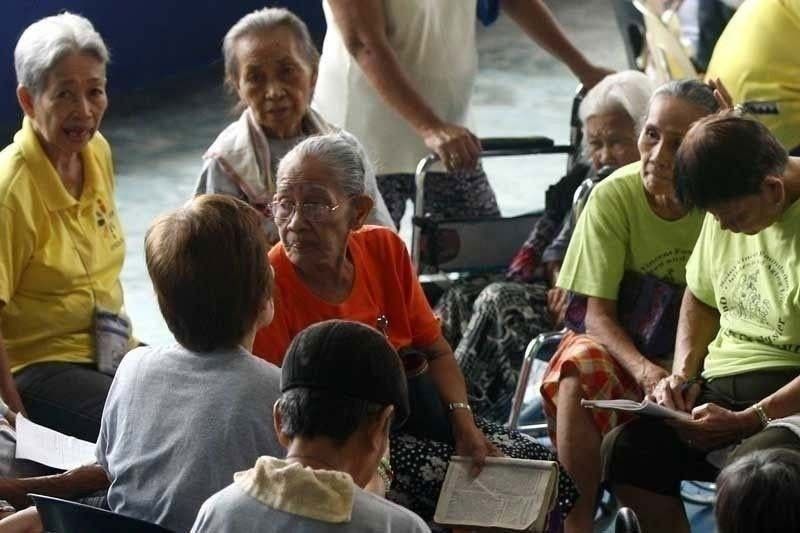
MANILA — The International Criminal Court will decide next week on the Philippine government’s appeal on an earlier ruling that authorized the resumption of the ICC’s investigation into the alleged crimes committed in relation to the Duterte administration’s so-called war on drugs.
In a scheduling order dated July 12, the ICC Appeals Chamber said judgment on the Philippine government’s appeal “will be delivered in open court on Tuesday, 18 July 2023” at 10 a.m., local time in The Hague, the Netherlands.
The order was signed by Appeals Chamber Presiding Judge Marc Perrin de Brichambaut.
The Philippine government – through the Office of the Solicitor General – is questioning the Jan. 26 decision of the Pre-Trial Chamber I, which
authorized the ICC prosecutor to resume investigation into the alleged crimes against humanity committed in relation to the drug war and the killings in Davao region by the so-called Davao death squad.DR
In its appeal brief, the government argued that the ICC no longer has jurisdiction over the Philippines since it already withdrew from the Rome Statute, the treaty that established the international tribunal. It also raised issues on the Pre-Trial Chamber’s decision with regard to the admissibility of the case.
A ruling in favor of the Philippine government will stop the ICC prosecutor from investigating the killings and other crimes related to the drug war.
In response to the appeal, ICC prosecutor Karim Khan maintained that the alleged crimes are not of “marginal gravity” as claimed by the Philippine government, adding that former president Rodrigo Duterte and other top government officials appeared to have encouraged and condoned it.
“In the present situation, the available information demonstrates that at least more than 5,000 and possibly as many as 30,000 civilians (including children) have been killed by police or by ‘unidentified’ perpetrators apparently acting in coordination with police,” read Khan’s 59-page response filed before the appeals chamber.
“In many instances, the police allegedly staged self-defense scenarios, planted evidence, or otherwise obstructed justice in an effort to justify the premeditated and deliberate murder of civilians,” he added.
Hundreds of drug war victims and their families have also urged the Appeals Chamber to uphold the earlier decision of the Pre-Trial Chamber. They noted that despite the change in government leaders, there is still no prospect of genuine investigations and prosecutions in the country, citing their experience with the local justice system.
“The situation in the Philippines has not materially improved for the victims represented. If any, gains have been isolated and marginal… Cases against the perpetrators of the crimes have not been forthcoming. Even attempts to obtain recognition that the killings were extra-legal have, unfortunately, been met with resistance from state institutions,” read a portion of a representation made on behalf of the victims that was submitted to the ICC Registry’s Division of Judicial Service.
“There is no substantial, effective, and comprehensive investigation into the killings and abuses committed in the Philippines under the pretext of Duterte’s ‘war on drugs’ at present,” it added.
The filing outlined the views and concerns raised by 350 individual victims and 165 families regarding the Philippine government’s appeal to the Jan. 26 decision that allowed the resumption of the probe.
“In the words of the victims, ‘justice and accountability in the Philippines remain largely elusive and victims and victims’ families face enormous difficulties in seeking accountability using available domestic legal remedies.’ Therefore, all victims represented support an ICC investigation into the crimes committed,” read the 20-page document.
The ICC Pre-Trial Chamber 1 granted on Jan. 26 the Prosecutor’s request to resume investigations into the Philippine situation. The Chamber was not satisfied with the argument that the Philippines is already undertaking relevant investigations that should warrant a deferral of the Court’s investigations.
About a week later, or on Feb. 23, the Philippine government filed its Notice of Appeal against the Pre-Trial Chamber 1’s authorization. But the Appeals Chamber rejected on March 27 the Philippines’ request to suspend investigation on the war on drugs.
In its decision, the ICC Appeals Chamber said the Philippines failed to state “persuasive reasons” in supporting its request to temporarily suspend the resumption of the investigation while the tribunal hears the appeal filed against the probe resumption.
The Philippines requested for suspension of the resumption of investigation while the tribunal hears its appeal against the resumption but “no reasons are provided in support of the request.” (philstar)








промокод 1xbet на сегодня
1хбет промокод
1xbet промокод
промокод 1xbet
1xbet при регистрации промокод
1хбет промокод на сегодня
промокод 1xbet на сегодня